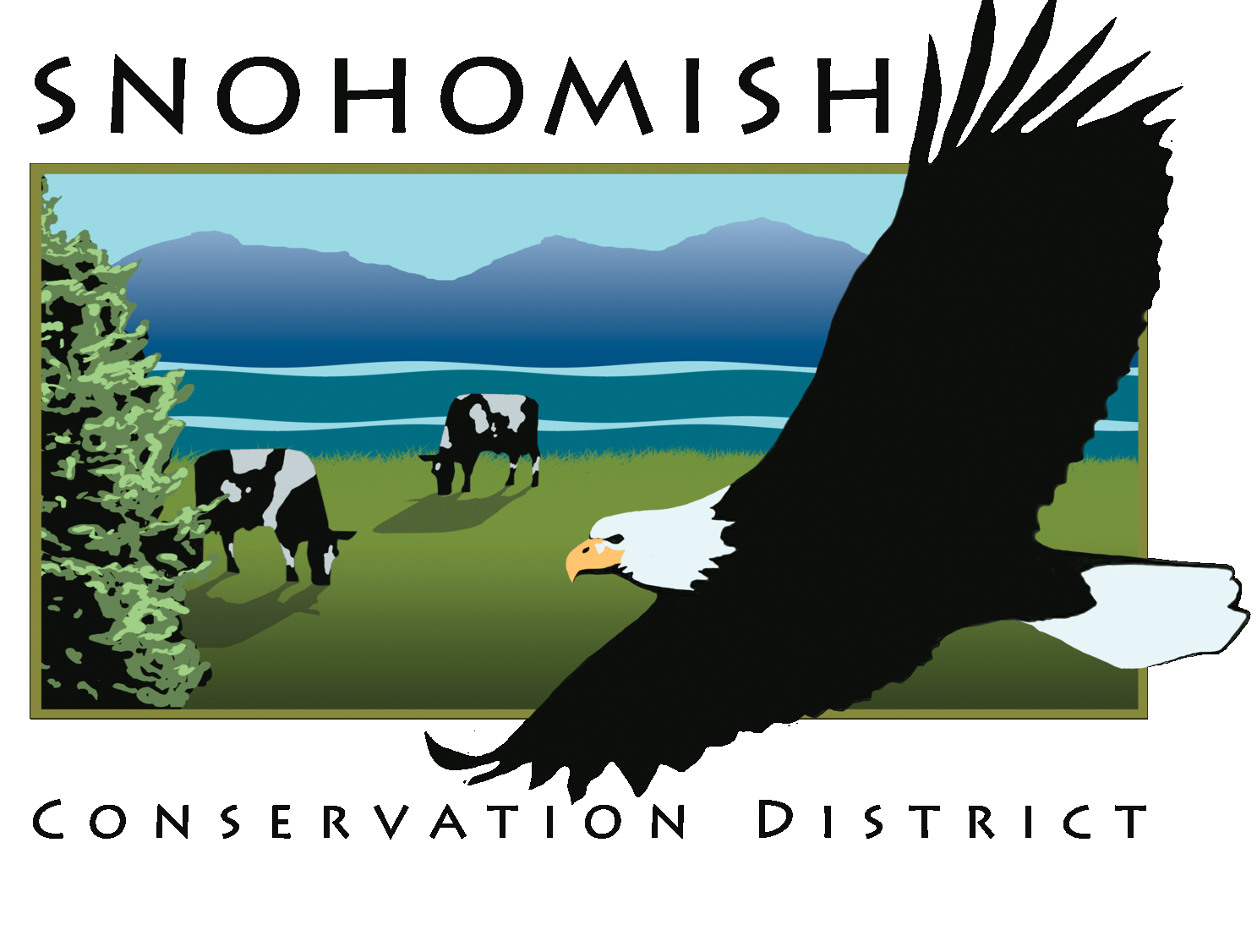Early Education (pre-K)
The following curriculum and family education was created as part of Snohomish Conservation District’s Farm to School grant program, which promoted garden education and local produce at four Early Childhood Education and Assistance Programs (ECEAP) in Snohomish County. These resources are based upon work that is supported by the Food and Nutrition Service, U.S. Department of Agriculture.
Education at Home
Our educators have created several resources to help you and your family explore the joy of growing and enjoying food from the garden.
Beginner’s Cookbook for Young Children
Learn how to source and prepare fresh fruits and vegetables as a family. If you’re new to cooking with kids, that’s ok! This cookbook has tips, and tricks, and recipes perfect for little hands and growing palettes. Enjoy! Garden education has academic, socio-emotional, physical, and nutritional benefits for children. Whether you pair these recipes with garden time or not, we encourage you to cook with your young ones so they learn the joys of preparing and eating fresh produce.
Let’s Get Growing! Gardening and Cooking for Families
If starting a garden or cooking with children sounds intimidating, you’re in the right place! This packet will help you start growing food at home and cooking delicious meals with your family. When you reach the last page, you’ll be ready to plant seeds, prepare meals with children, and teach the whole family about nutritious foods and flourishing gardens. Available in four languages!
Preschool Curriculum
We partnered with Oxbow Farm and Conservation Center to develop six preschool lessons intended to inspire outdoor curiosity and serve as age-appropriate introductory lessons to local food systems and various life and earth science topics. Each lesson begins with a teacher background section that contains topical information to help educators facilitate each lesson and answer questions. Each lesson is tied to particular Objectives for Development and Learning and can be used to assess students against these standards.
Local Food in Local Schools
We created this online toolkit to help connect school administrators and farmers invested in getting more local produce into school meal programs. Using the resources below, you can take the first steps towards crafting a nutritious meal program using local foods, or learn how to sell your produce to local schools.
Resources for Schools
Are you interested in sourcing local produce for your school food program? Take these steps to start your journey!
Step 1: Do some background reading
USDA Farm to Preschool Fact Sheet: overview of local food in early childhood settings
Farm to Child Nutrition Programs: these programs enrich students and local producers
Procuring Local Foods for Child Nutrition Programs: a broad overview of what local food means and how to incorporate it into schools.
Step 2: Explore reimbursement options
Child and Adult Care Food Program (CACFP) opportunities in Washington: this program reimburses eligible organizations for the purchase of nutritious foods
Step 3: Start menu planning and procurement
Learn about procurement processes for food purchased using CACFP funds.
Use this buying guide to prepare grocery lists and ensure they meet the requirements for reimbursement programs
Step 4: Find Local Food
WA Local Farm Finder: connects buyers with local food options in WA
Puget Sound Food Hub: connects members with individual farms, which can make procurement easier
Resources for Farmers
Are you interested in selling local produce to schools? Check out the resources down below for insight on how you can get started.
WSDA For Farmers: Selling to Schools: Very brief overview, a good starting point.
WSDA Farm to School Toolkit: For Producers offers information about how to get started selling to grantees of the WSDA Farm to School Purchasing Grant program.
USDA Selling Local Food to Schools: A Resource for Producers












